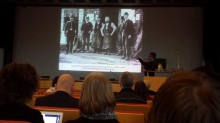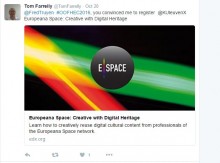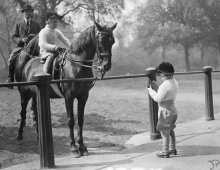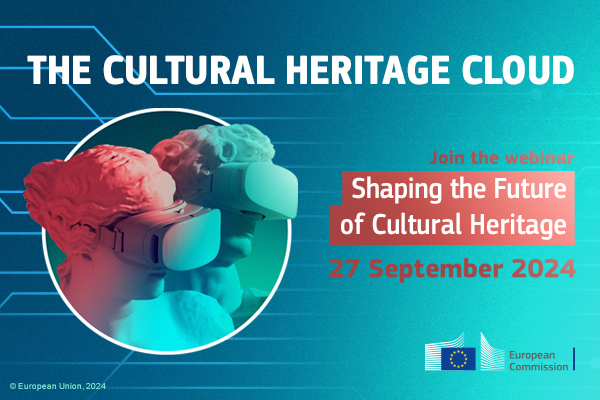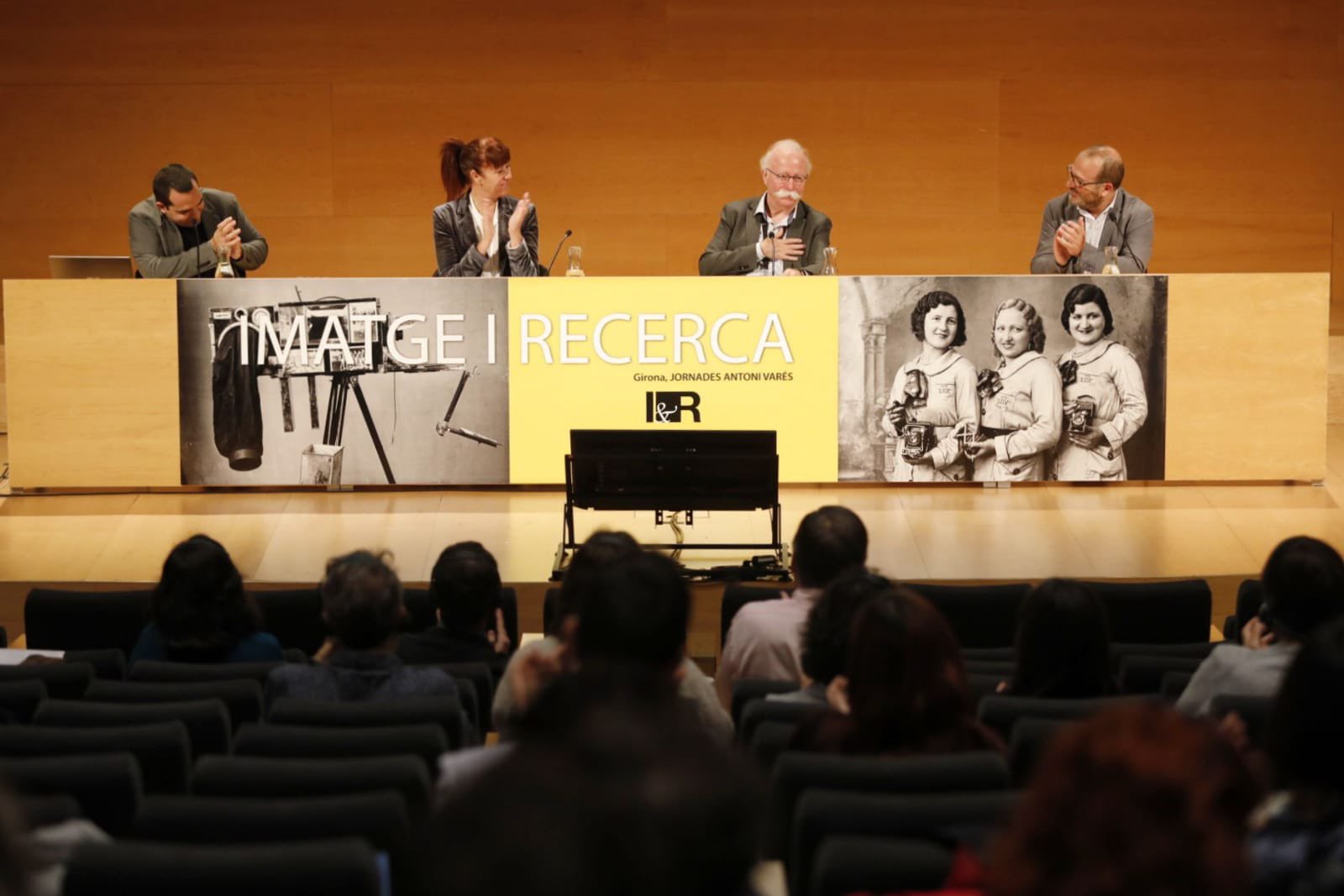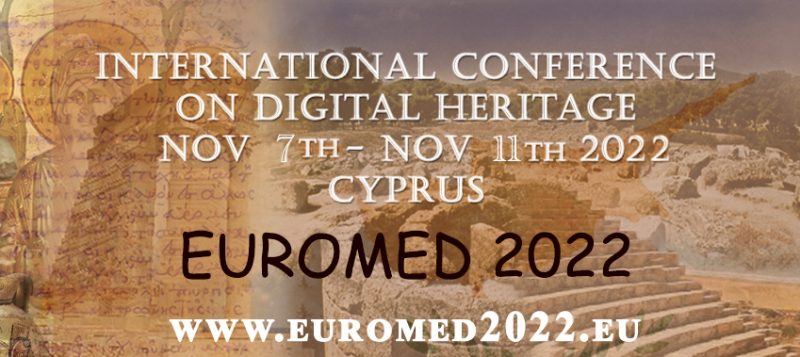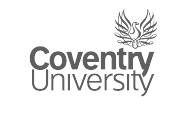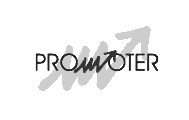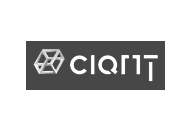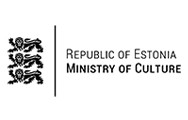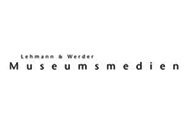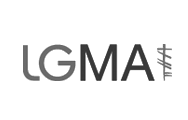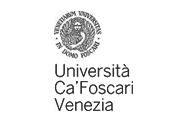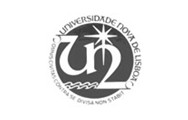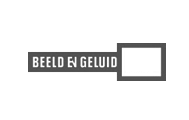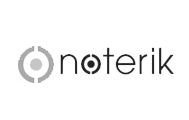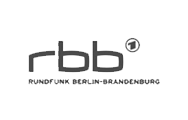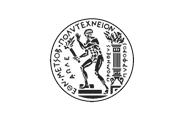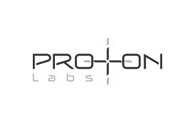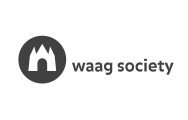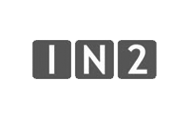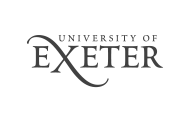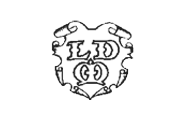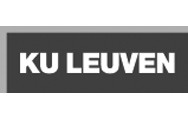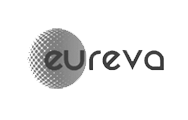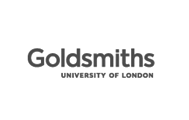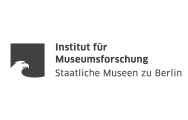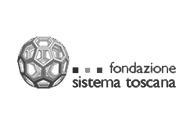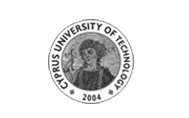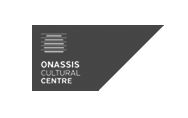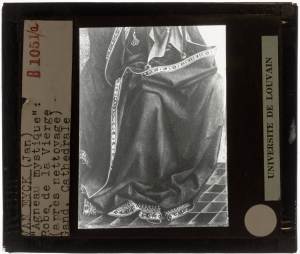
Jan van Eyck. Hubert van Eyck. Lam Gods Open: Our Lady Mary, detail: Dress Collection Glass slides KU Leuven Saint Baafs Cathedral, Ghent Public Domain Marked
In a recently published post on the Cultural Studies Leuven blog, Prof. Fred Truyen (Katholieke Universiteit Leuven), coordinator of the E-Space project’s photography pilot, offers some reflections on his experience with Intellectual Property Rights (IPR) in the successfully concluded EuropeanaPhotography project, devoted to contributing about 450.000 high quality images of early photography to Europeana. «We spent golden moments just sifting through brilliant collections of early photographs – Truyen writes. «IPR imposed itself as an unwanted burden; a horribly complex but unavoidable issue when you’re dealing with photography […] And an interesting one, I must confess».
In uploading the images, the first glitch appeared with the Europeana “Rights Labelling Campaign”, which for each object uploaded to the digital library tries to identify the copyright status.
Consider that for individual use they are not relevant, but copyrights tend to block any re-use other than personal re-use. This means that «even a teacher who would want to make a website for the students cannot simply copy these images, without checking the copyright».
Furthermore «Private photo agencies, whose business model is completely IPR oriented, feared their older work, when labelled Public Domain, would be reused without them receiving any revenue. Similarly, public archives, who feared misuse of heritage photos (e.g. as backgrounds in video games or commercials), were not at ease».
Certainly, Truyen observes, IPR is essential in order for those who create valuable works to be able to earn and sustain their work, but it’s also certain that with the massive sharing of data in the digital and smartphone age «IPR doesn’t seem very much up to the task».
More generally, Truyen goes on, «copyrights should be embedded in a broader discussion, involving moral and cultural rights. One of those rights is the right to culture! A very convincing proposal has been worked out in the RICHES project policy brief, a must read for anyone interested in Cultural Policy and Creative Industries. Real access to culture means also appropriation by stakeholder communities and the possibility for co-creation».



